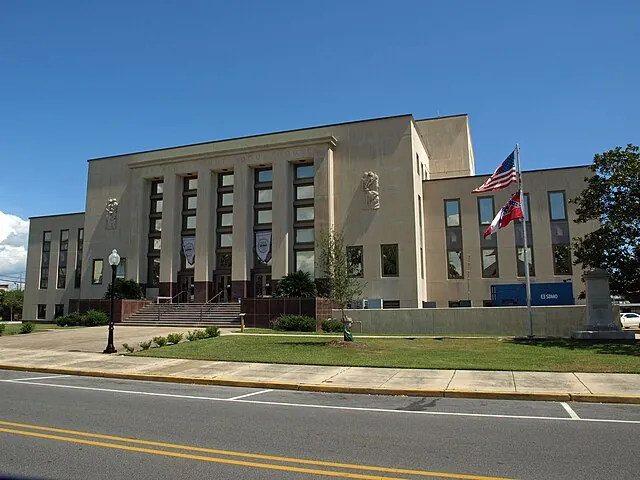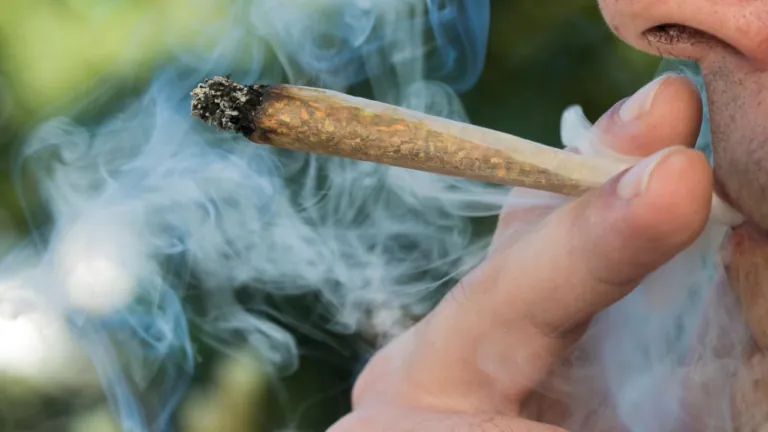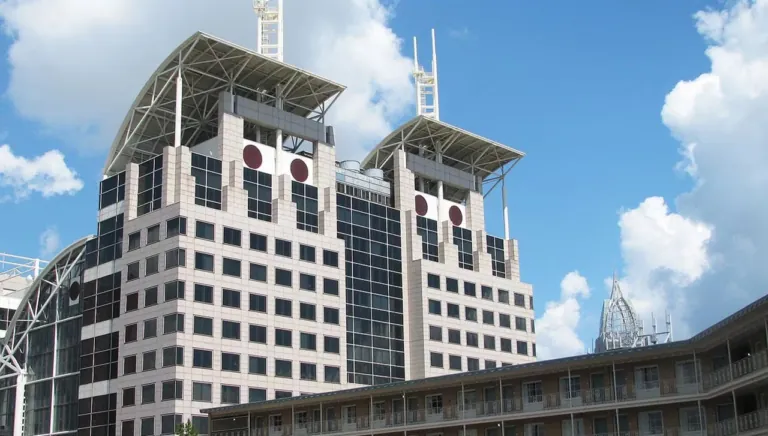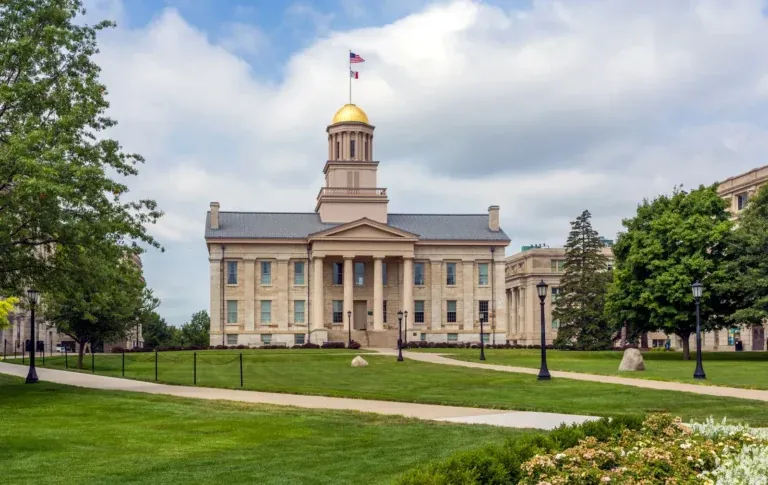Montana Weed Capital: This is the city with the highest weed consumption in Montana
The city with the highest weed consumption in Montana is Missoula. According to a survey, the percentage of Montanans who smoke pot is 12.21, and Missoula is known for its recreational marijuana market. This article delves into the reasons behind Missoula’s high cannabis consumption, exploring its unique cultural and economic factors, and examining the potential impact on the city and its residents.
The Rise of Cannabis in Montana: A Cultural Shift
Montana has a long history of liberal values and a strong libertarian streak, making it fertile ground for the acceptance of cannabis. The passage of Initiative 190 in 2020, legalizing recreational cannabis for adults over 21, was a clear reflection of this evolving cultural landscape. Moreover, Montana possesses a strong sense of community and a deep appreciation for the outdoors, both of which align with the values often associated with cannabis use.
Missoula: A City Embracing Cannabis
Among Montana’s cities, Missoula stands out for its embrace of cannabis. With a population of approximately 75,000, Missoula boasts a vibrant and diverse community, known for its artistic spirit, progressive values, and entrepreneurial energy. This environment has fostered a thriving cannabis culture, with numerous dispensaries, cultivation facilities, and cannabis-related businesses flourishing in the city.
Factors Contributing to Missoula’s High Consumption
Several unique factors contribute to Missoula’s high cannabis consumption:
- Demographics: Missoula is home to a young and educated population, with a higher proportion of residents between the ages of 21 and 45 compared to the state average. This demographic is more likely to be open to trying cannabis and supporting its legalization.
- Economic Landscape: Missoula boasts a relatively strong economy, driven by tourism, healthcare, and the University of Montana. This economic stability provides residents with greater disposable income, potentially leading to increased spending on recreational cannabis.
- Accessibility: Missoula has a well-developed network of dispensaries, offering a wide variety of cannabis products at competitive prices. This accessibility makes it easier for consumers to obtain and use cannabis.
- Cultural Acceptance: Missoula has a strong culture of acceptance and tolerance, fostered by its progressive values. This environment reduces stigma surrounding cannabis use, making it more socially acceptable to consume.
Impact of High Cannabis Consumption
Missoula’s high cannabis consumption has generated significant economic benefits, creating new jobs and generating millions of dollars in tax revenue. The city has also seen a surge in tourism, with cannabis enthusiasts drawn to Missoula’s dispensaries and cannabis-friendly culture.
However, there are also potential challenges associated with high cannabis consumption. Concerns regarding public safety, addiction rates, and the impact on young people need to be addressed through responsible regulation and public education campaigns.
Looking Ahead: The Future of Cannabis in Missoula
As the cannabis industry continues to mature in Montana, Missoula is poised to remain at the forefront. The city is likely to see continued growth in the cannabis sector, with more businesses entering the market and innovating new products and services. This growth will bring additional economic benefits and solidify Missoula’s position as a leader in the state’s cannabis industry.
However, responsible regulation will be crucial to ensure the success of the industry while protecting the health and safety of the community. Missoula must strike a delicate balance between encouraging economic growth and addressing potential social issues.
Conclusion
Missoula’s high cannabis consumption reflects the changing social landscape in Montana and the increasing acceptance of cannabis use. The city’s unique cultural and economic factors have positioned it as a leader in the state’s cannabis industry. As Missoula navigates the challenges and opportunities of this emerging market, responsible regulation and public education will be essential to ensure a sustainable and positive future for the city and its residents.







